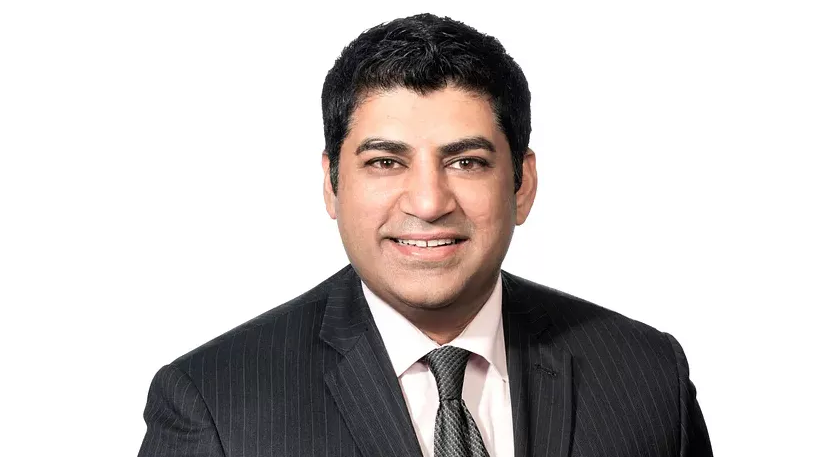Raj Beri is a seasoned entrepreneur and investor with a prolific background in transforming innovative ideas into successful business ventures across multiple industries. Born in New Delhi, India, and having lived in Dubai, Sydney, Los Angeles, and Palm Beach, Raj’s global upbringing has heavily influenced his entrepreneurial approach. He has made significant strides in the beverage industry, creating award-winning products and achieving notable business sales to major industry players like Coca-Cola. Raj’s ventures extend beyond beverages into real estate and the burgeoning cannabis market, where his companies have been pioneers on the Nasdaq. Committed to social impact, he actively supports charitable causes, particularly those addressing homelessness. Raj’s career is marked by a relentless pursuit of innovation, sustainability, and impactful entrepreneurship.
How did you get started in this business?
I began my entrepreneurial journey early on, diverging from a traditional path in bio-chemistry during university to start my first company. My interest in various sectors, from retail to real estate and the beverage industry, sparked from seeing opportunities where others saw challenges. Each venture was driven by a desire to innovate and fill gaps in the market.
How do you make money?
My revenue streams are diverse, originating from the businesses I’ve built and scaled across different industries, including day trading, real estate, and notably, the beverage industry.
How long did it take for you to become profitable?
The timeline to profitability varied with each venture. Some businesses achieved profitability within a few years, like my retail and real estate ventures, thanks to rigorous market research and effective capital management. Others, such as those in the beverage industry, took longer due to the scale of product development and market penetration efforts required.
When you were starting out, was there ever a time you doubted it would work?
Certainly, there were moments of doubt, especially when facing market downturns or regulatory challenges. However, my belief in the vision and strategy of each venture, coupled with a robust support network, always reignited my drive to push forward.
How did you get your first customer?
My first customers were gained through grassroots marketing efforts and leveraging personal networks. For instance, in the beverage industry, attending trade shows and offering product tastings were pivotal in securing my initial clients.
What is one marketing strategy that works well to generate new business?
One effective strategy has been content marketing combined with strong storytelling. Sharing the journey of the product, from concept to creation, and emphasizing its unique aspects resonates well with audiences, creating emotional connections and driving customer engagement.
What is the toughest decision you’ve had to make in the last few months?
Deciding to pivot some of our business strategies to focus more on digital transformation in the wake of the COVID-19 pandemic has been tough but necessary. Adapting to how the global market is shifting towards online platforms required re-evaluating our approach to customer engagement and sales.
What do you think makes you successful?
My success stems from a blend of continuous learning, adaptability, and an unyielding commitment to innovation. My global upbringing also provided a unique perspective on business, allowing me to understand and integrate diverse consumer behaviors and market dynamics.
What has been your most satisfying moment in business?
The launch of the world’s first energy and immunity beverage at the peak of the COVID-19 pandemic was incredibly satisfying. It was not just a business achievement but a contribution to societal needs during a global crisis.
What does the future hold for your business?
The future is focused on expanding into new technologies and sustainable practices. I’m particularly interested in exploring more eco-friendly packaging solutions in the beverage industry and advancing the use of AI in day trading and real estate developments.
What business books have inspired you?
“Good to Great” by Jim Collins provided profound insights into what differentiates successful companies from the rest.
What advice would you give to your younger self?
I would advise my younger self to embrace failure as a stepping stone to success. Fear of failure often holds us back more than failure itself. Also, the importance of networking and building relationships cannot be overstated.
Are you willing to be a mentor?
For sure, I am passionate about mentoring young entrepreneurs. Sharing knowledge and experiences to help others grow and succeed is a responsibility and privilege that I take seriously. It’s a way to give back and foster a new generation of innovators.

